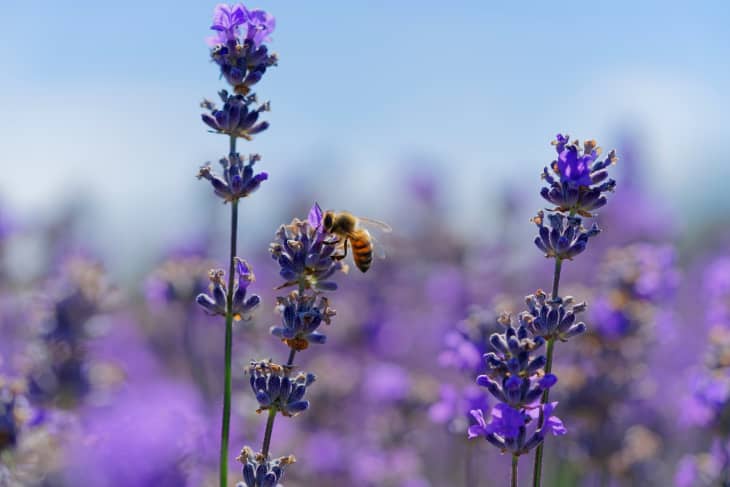The Best Autumn Flowers To Help Bees, According To Experts

Flying Flowers, an online floral store based in the U.K., has published a list of autumn blooms you can raise in your garden to help bees during the season. For those unaware, bees, whose populations are crucial to the ecosystem but are in decline due to climate change, have more difficulty surviving during this time of the year.
“… With the season change comes [fewer] flowers, making it harder to find those delicious pollen and nectar sources they need,” the site wrote.
So, if you want to help, here are the autumn flowers you can grow to help out our bee-utiful insect friends:
Abelia
Aptly called the Bee Bush, this plant has clusters of fragrant white flowers that emit a rich scent that honeybees and bumblebees just love. It looks even more stunning once it grows up to six feet and spreads its flora-filled branches. According to some gardeners, they grow Abelia near a window so they can watch bees, as well as hummingbirds, dragonflies, and butterflies, hovering by.
Cosmos
This eye-catching flower provides a constellation of benefits. Because of its open shape, Cosmos provides easy access to nectar, which in turn, invites bees and other beneficial insects that give free pollination services and feed on garden pests. It’s also easy to grow and can help you get healthy, as its petals can be used in salads. Truly, an out-of-this-world flower.
Wallflowers (Erysimum)
The common wallflower gets a bad rep because of the popular idiom, but they’re by no means useless. In fact, once you plant them in your garden, expect an explosion of exciting colors, from bright yellows to vivid reds and oranges to mellow pinks and purples. In addition, their pollen and nectar will always attract honeybees, making your garden anything but unpopular or boring.